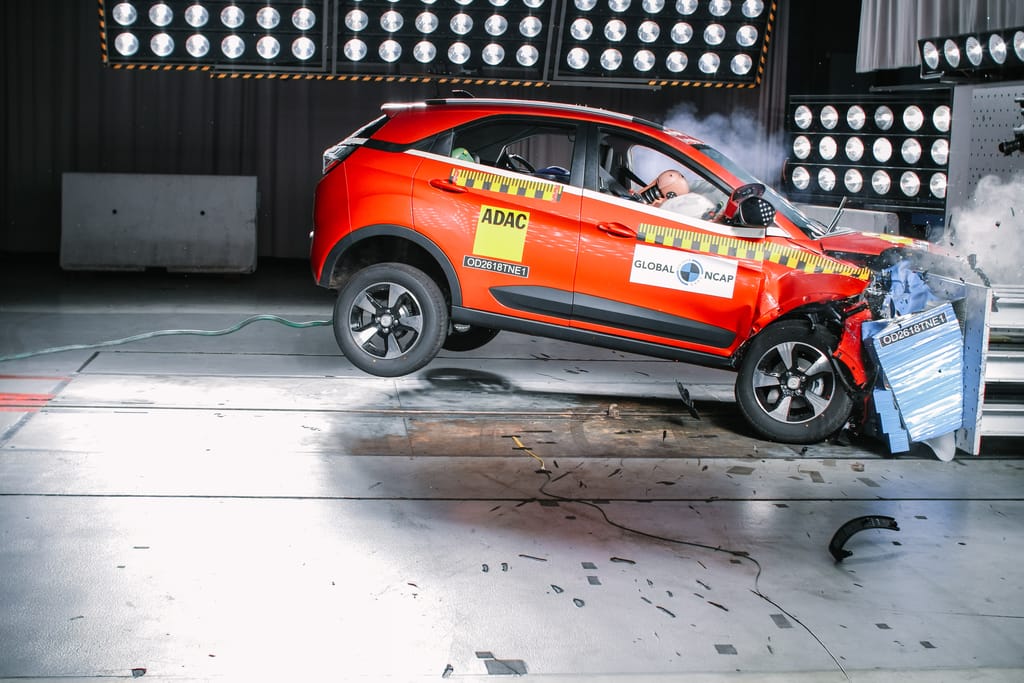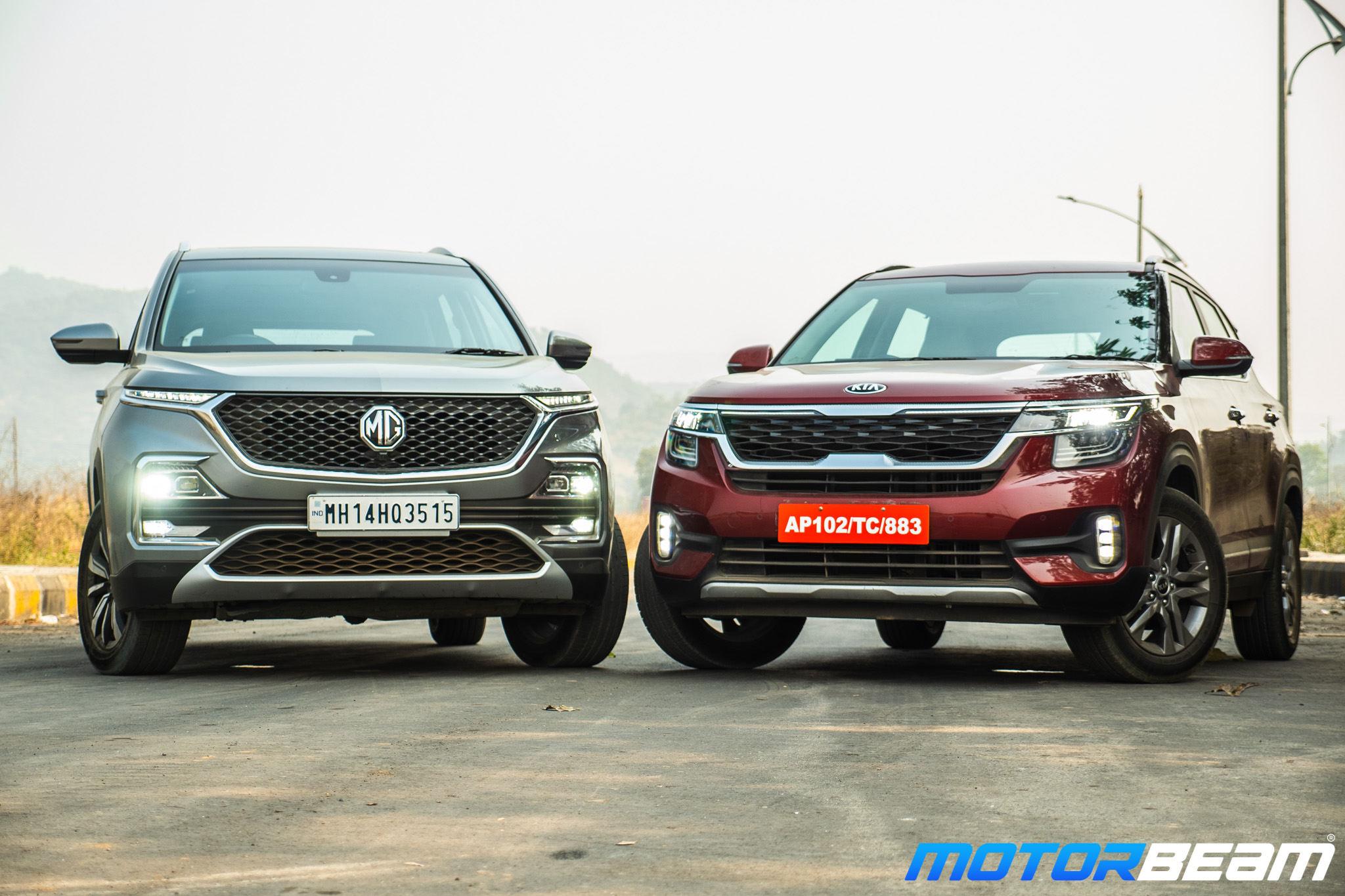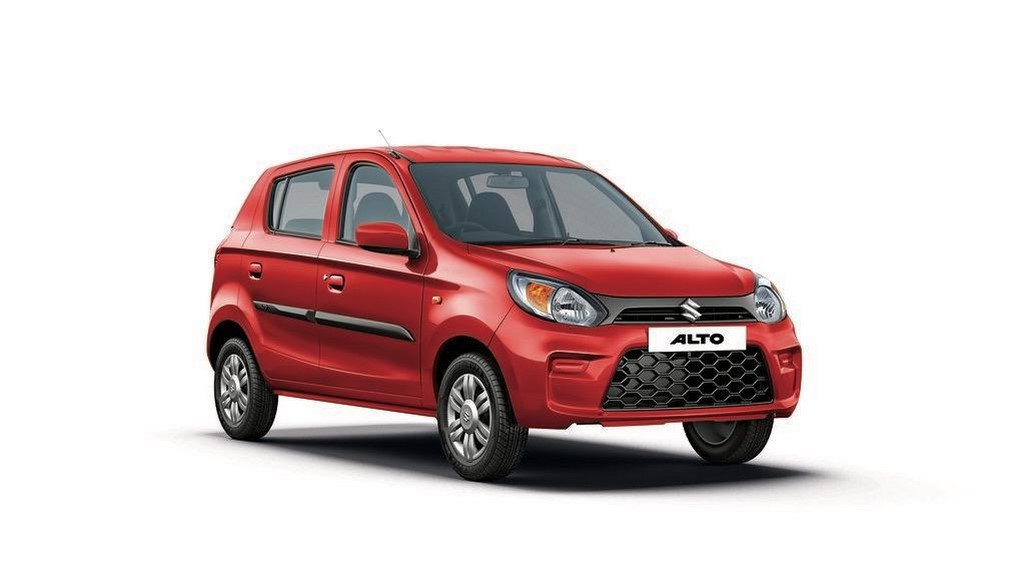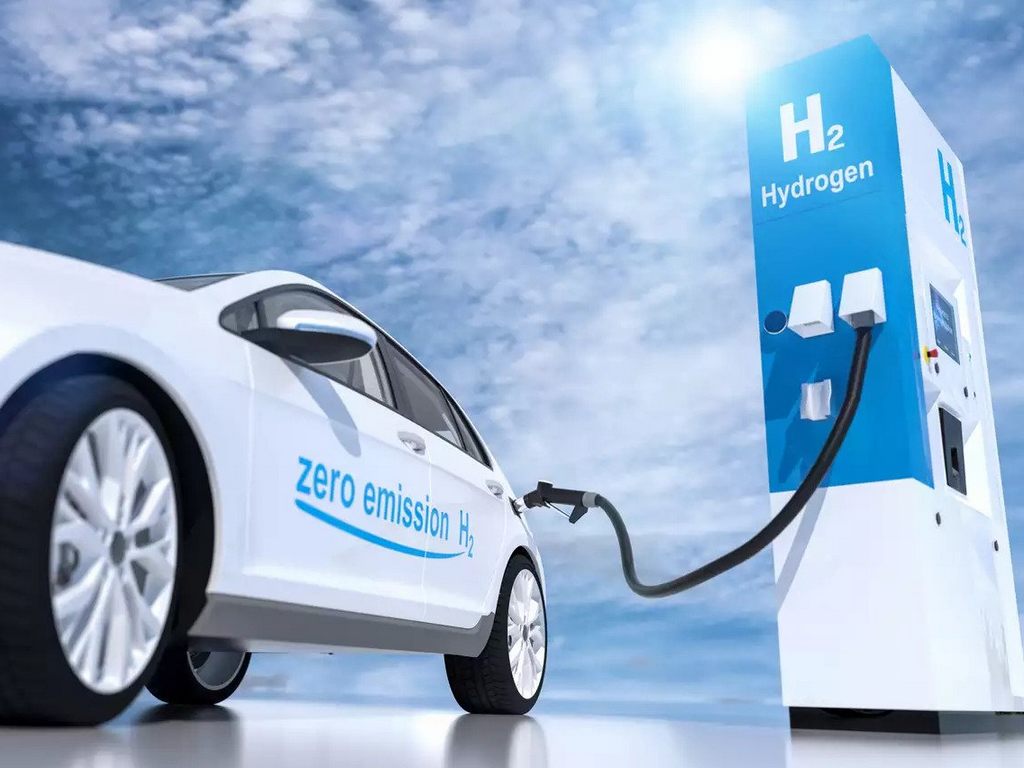
Union Transport Minister Nitin Gadkari has now pitched his voice for hydrogen, will be a breather for ICE manufacturers
After lobbying for BEVs for years, Union Minister for Road Transport and Highways, Nitin Gadkari, has now shifted his focus not on hydrogen fuel fuel cells but on mass producing hydrogen gas itself in India.
While addressing the National Conference for Civil Engineers and Professionals from Allied Industries recently, he said, “My dream is to make green hydrogen available at $1 (Rs. 80/-) per kg.” The Minister acknowledged that hydrogen is the future fuel.
Explaining the potential hydrogen has in India, Gadkari, said, the gas can be made from petroleum, coal and biomass, organic waste, and even sewage water.
Revealing a similar breakthrough achieved recently, he said, “One litre of ethanol costs Rs. 62/-, but, in terms of calorie value, 1 litre of petrol is equivalent to 1.3 litres of ethanol.”
“Indian Oil collaborated with Russian scientists and worked on the idea and now the Petroleum Ministry has certified the technology for making the calorie value of ethanol equivalent to that of petrol,” he added.
The Union Minister’s statements would definitively be a breather for Japanese manufacturers like Toyota, Honda, and Suzuki who just don’t want to let go off their super efficient and reliable ICE technologies which they have refined over several decades.
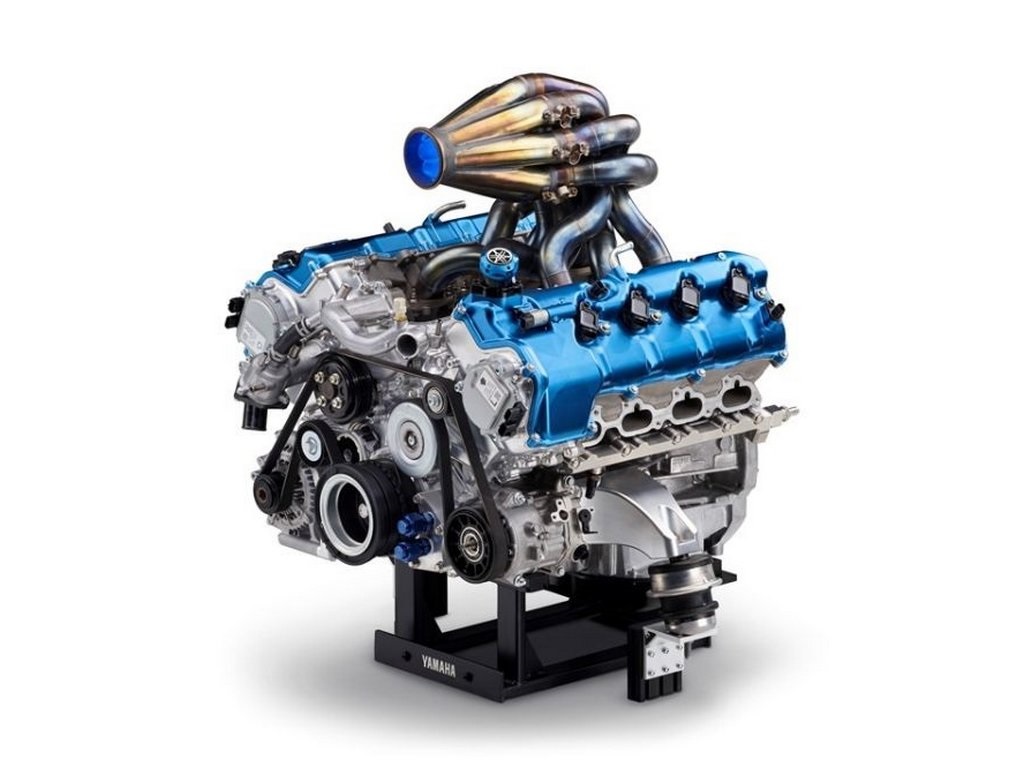
A typical hydrogen engine’s design is nearly equivalent to that of a present-day petrol or diesel engine. But, unlike a hydrogen fuel cell powertrain, a hydrogen engine is not completely harmful-emission-free.
When the nitrogen in the atmosphere reacts with hydrogen during combustion, harmful NOx gases might be produced. But, so far researches suggest they are mostly negligible and the benefits easily outweigh the risks.


